I often get asked what my favorite assignment was.
Or, what photograph means the most to me.
And if that's a question you would ask, I'll settle the matter now.
I have none.
Of either.
That's probably because they're all different. Of course, some assignments were better than others, but again, my shortlist would be in the hundreds.
That being said, standing on the mountain where the ancient Fortress-Palace of Machaerus in Jordan once stood might make the top 50.
Not because it's particularly beautiful. Or because it has some nice story behind it. In fact, it's the backdrop for one of the most tragic stories in Scripture.
It would make the top 50 because of what it represents.
Or at least what it represents to me.
It stands as an ultimate icon of the struggle between good and evil.
A symbol of the arrogant pride that man is capable of and the cowardice that undergirds it and any attack on the Truth.
But it also represents bold Faith and the cost of discipleship.
And it represents how the Church prevails through the passage of time and will always prevail because of Christ.
It represents all these things because of the story that was written there.
The story of the death of John the Baptist.
Above’s a short drone video of the location
Herod Antipas, son of Herod the Great, was Tetrarch of Galilee and Perea.
And it was at Machareus that he ordered the execution of John the Baptist, who had criticized him for his illicit marriage to his brother's wife, Herodias. See Matthew (14:1–12) and Mark (6:14–29)
The fortress of Machareus was originally constructed by the Hasmonean King Alexander Jannaeus in the 1st century BCE to defend against invading forces.
Herod the Great later took control of the fortress and enhanced its fortifications, making it one of the strongest defensive structures in his kingdom.
It sits about 1000 meters above sea level, and you can see forever in every direction.
To the West lies the Dead Sea, and to the East, the endless desert.
It typifies the timeless logic that attacking things higher than you is hard.
And yet, only one solitary column remains.
That's because Who it attacked was infinitely higher than it.
Even though that clearly wasn't apparent to Herod at the moment.
The surrounding hills are dotted by caves that were once used as prisons or shelters, and while it's sheer speculation, John the Baptist would have been held in one of those as well.
But there's another detail that's hard to miss.
The silence.
There are no trees or reeds for the wind to rustle.
No birds.
In fact, there's little, if any, life at all.
In a way, for all its rugged beauty, it is dead.
And you can feel it.
I'll just say this.
We often see the King Herods of the world flaunting their power, unconcerned with the lives of others, thinking themselves invincible and acting it out.
But they've been deceived.
They've sold themselves for the fleeting, the corruptible, and the finite.
They idolize their worldly power without acknowledging the Source of all power.
And Machareus represents the consequence of that mindset.
Death.
Just another casualty on the landscape of the spiritual war that's raged since the dawn of time.
But those who follow the example of John the Baptist are the victors.
Those whose eyes meet Christ's and embrace Him in Love prevail.
And it's those who boldly live the Faith who, in their sacrifice, bring life,
Not fleeting, but Eternal.
Just as Christ did, Whom John the Baptist proclaimed.
“I have set before you life and death, the blessing and the curse. Choose life, then, that you and your descendants may live, by loving the LORD, your God, obeying his voice, and holding fast to Him.” Deuteronomy 30:19-20


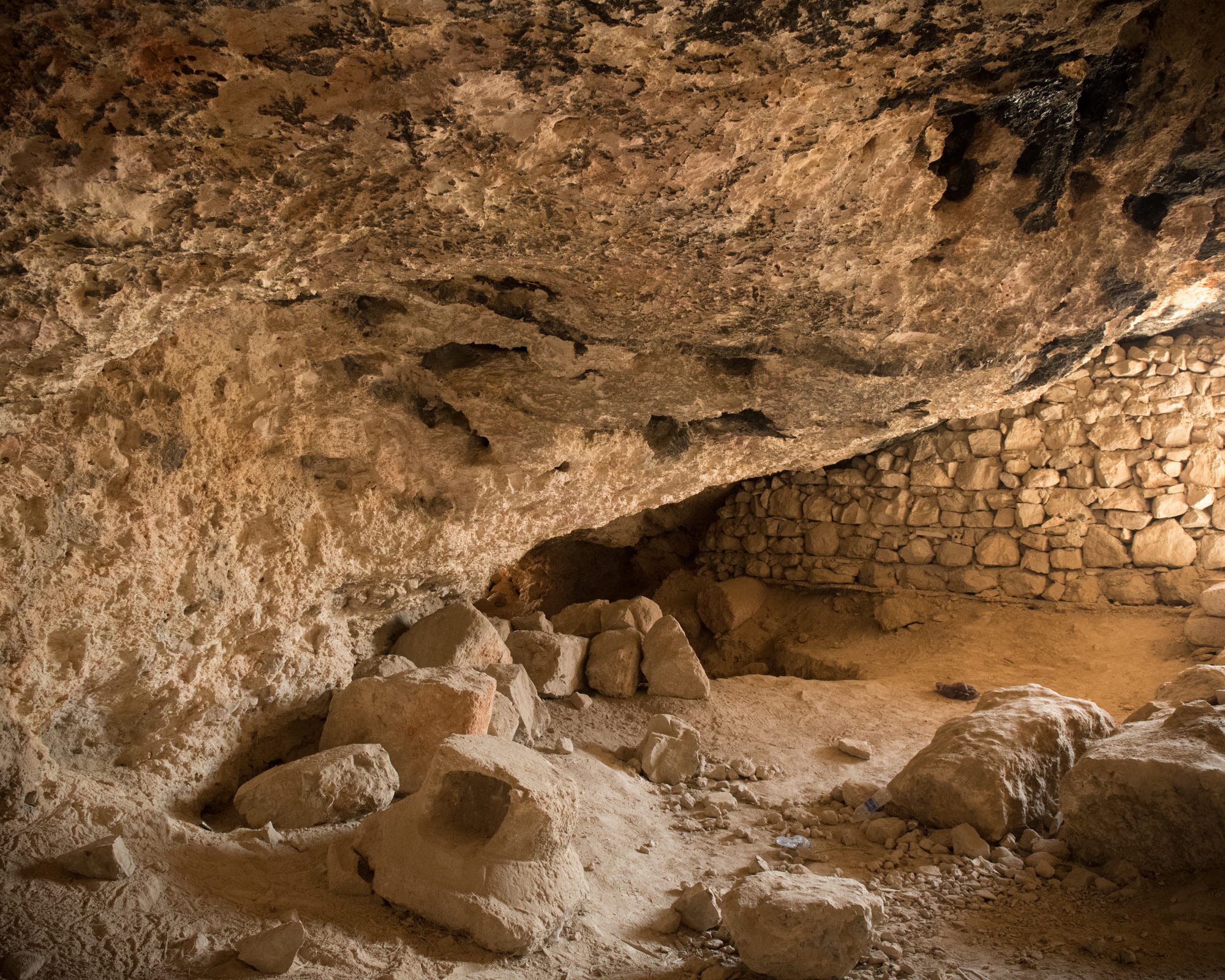


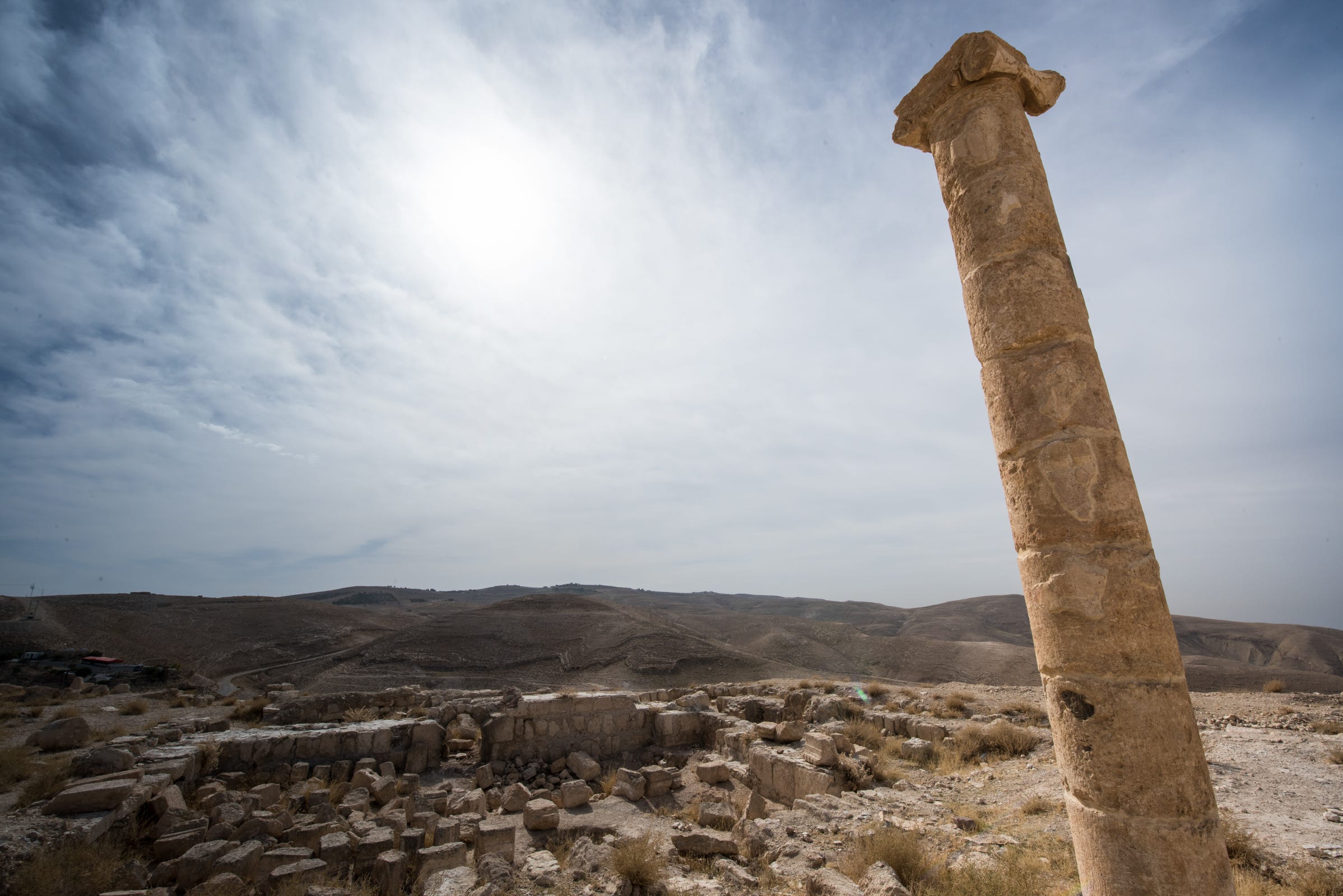
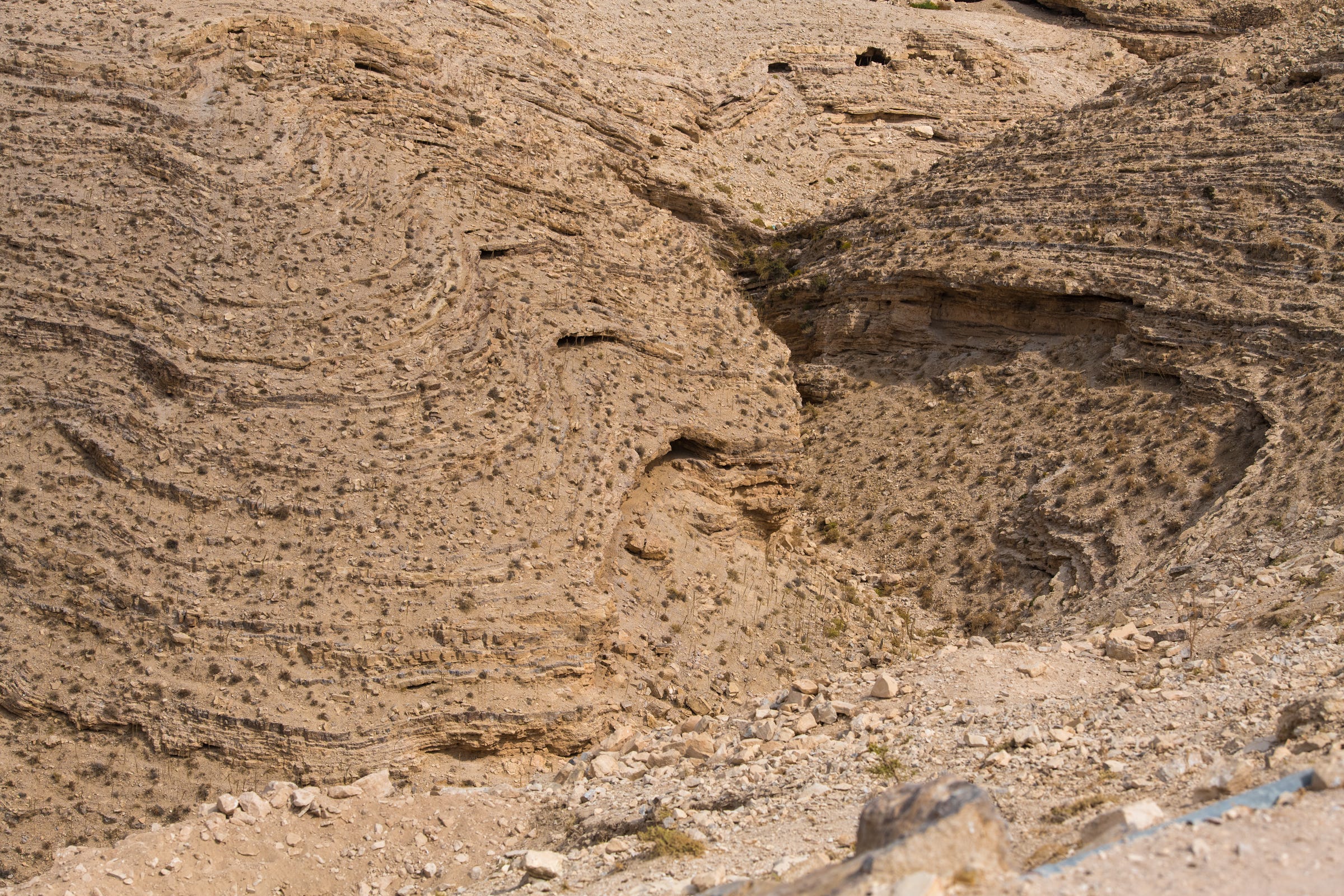
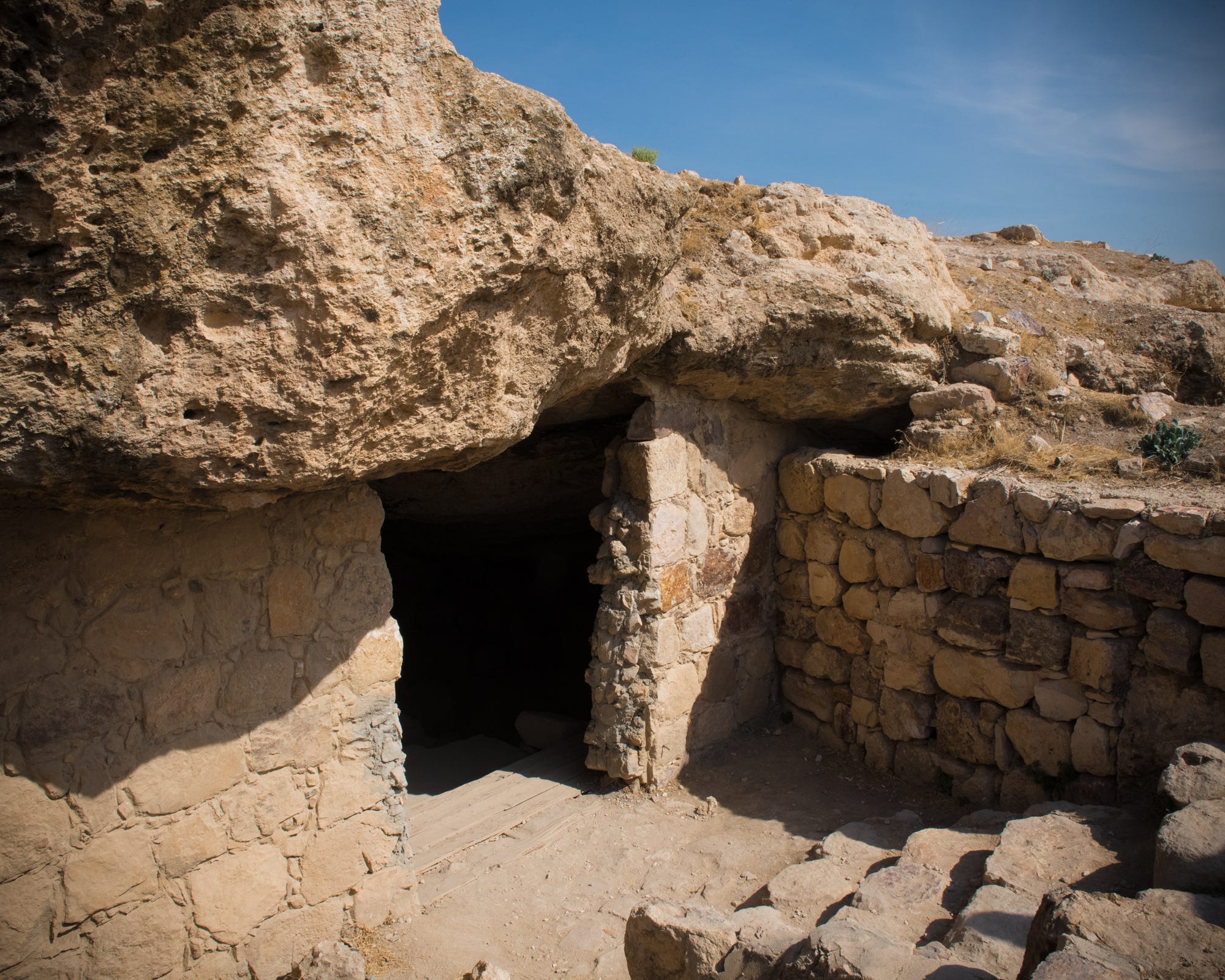
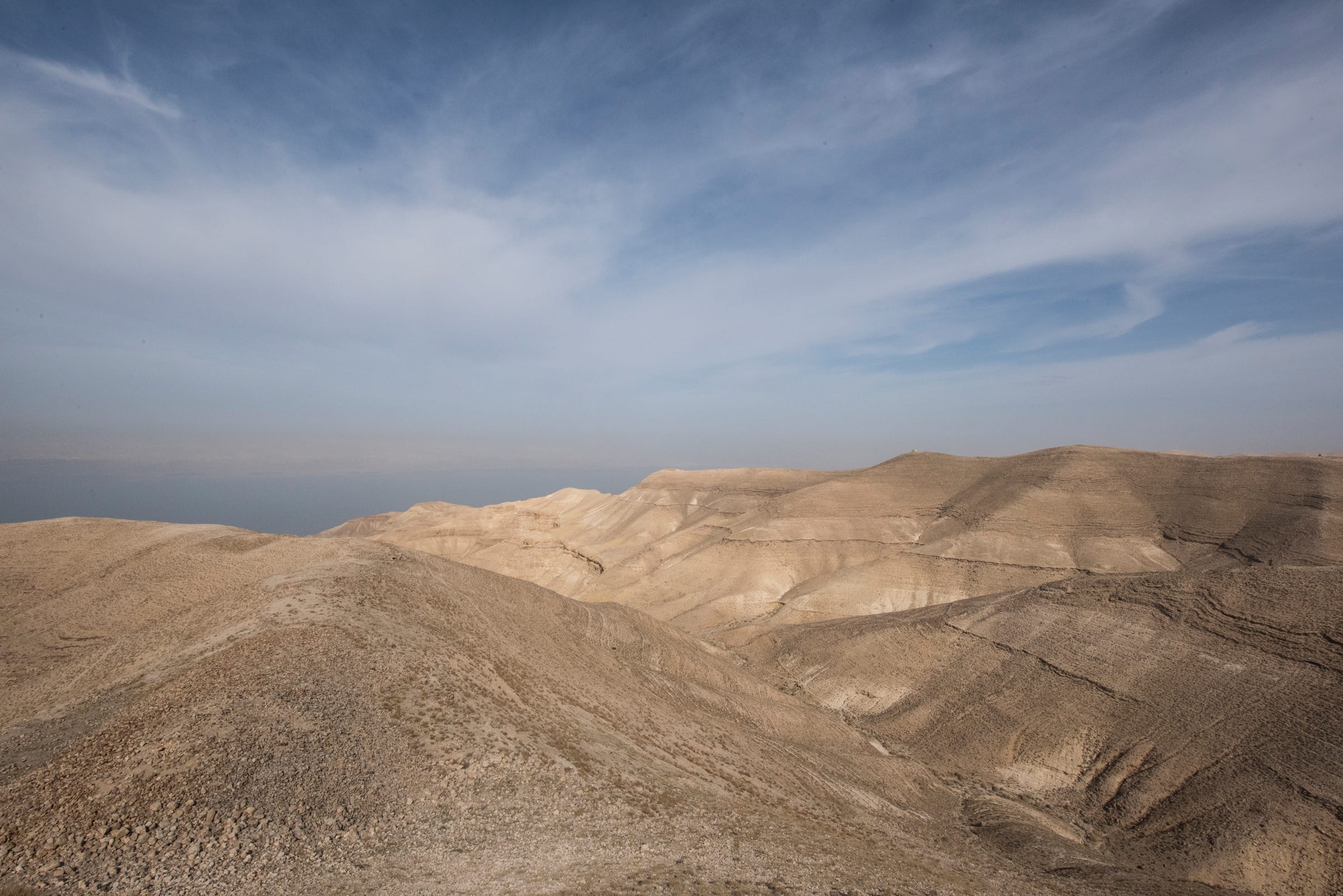
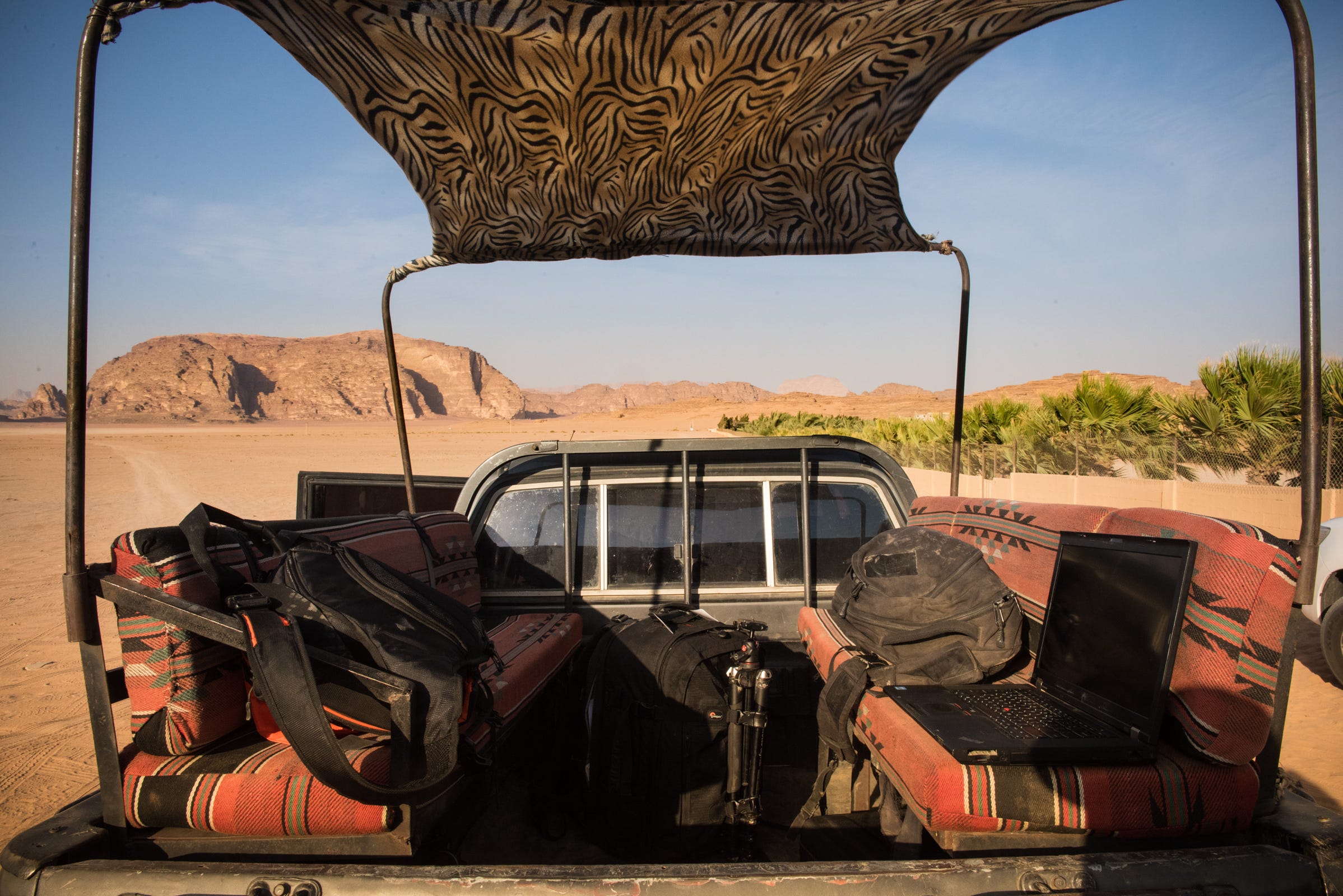


I think so highly of your reporting.Machareus profound lesson. thank
you